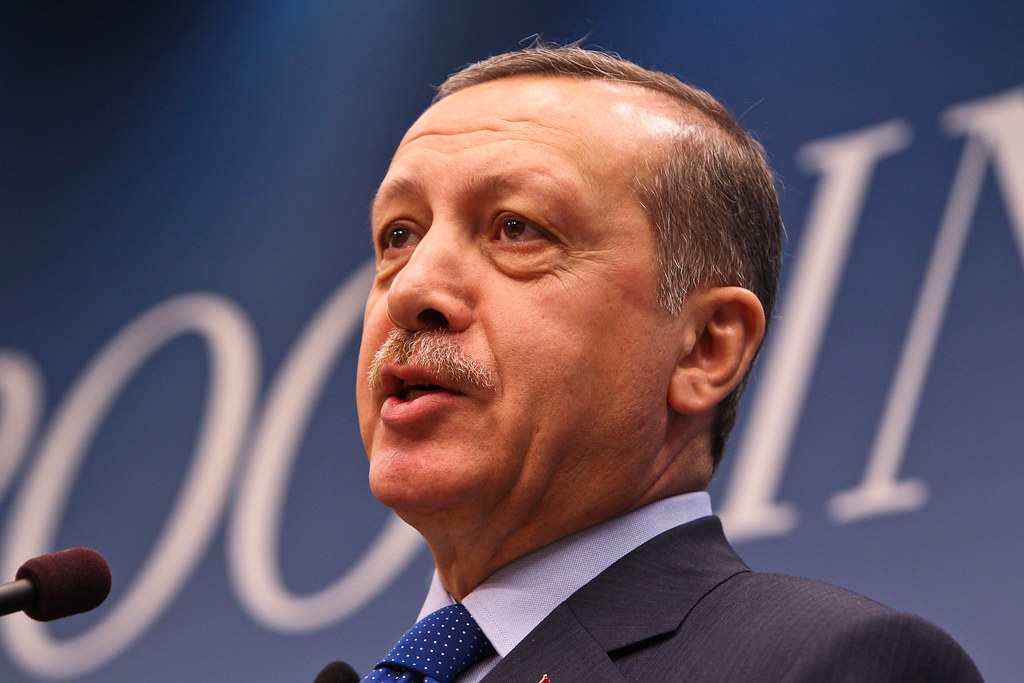Baghdad, Iraq (Transatlantic Today) – On April 18, Turkey’s recent military campaign in northern Iraq’s Kurdish area started, with Ankara beginning a land and air onslaught against the Kurdistan Workers’ Party (PKK) in parts of Duhok province.
In recent years, raids against the PKK, an armed militia fighting for independence in Turkey’s southeast and deemed a terrorist outfit by Ankara, have become more common. They are, however, becoming increasingly divisive across Iraq, and not only under the Kurdistan Regional Government’s jurisdiction (KRG).
Only days before ordering the operation, nicknamed Claw-Lock, Turkish President Recep Tayyip Erdogan met with KRG Prime Minister Masrour Barzani, an evident hint that the KRG was supporting the operation to some level. Erdogan also stated that the Iraqi regime was supportive of the operation.
The Iraqi national government, on the other hand, not only denied Erdogan’s assertion, but also severely denounced Ankara’s actions. Baghdad has also summoned Turkey’s ambassador to express its displeasure.
Turkey claims that actions against the PKK in northern Iraq are vital to prevent the group from attacking Turkey again.
Despite Ankara’s assertion that it has backing from both Baghdad and Erbil, there seems to be a split inside Iraq.
According to observers, the KRG has yet to publish a formal comment on the activity, and internal divisions within the regional administration may have attributed to the radio silence.
According to Al Jazeera, the Turkish military operation comes while Iraqi politics remains unpredictable, with a new government still to be established and continuing discussions between political groups, despite elections being conducted in October 2021.
To make matters even more volatile, local Iraqi news outlets have reported that the Hashd al-Shaabi (PMF) armed group, a predominantly Shia pro-Iranian force that has major military influence in Iraq thanks to its role in the campaign against ISIL (ISIS), now also has a substantial political bloc.
According to Harry Istepanian, a Washington-based researcher, Turkey has viewed the PMF as totally governed by Iran since its inception in 2014, and so lacking credibility in Sunni regions. A strike on the PMF would be seen as a provocative move, sending a message to Iraq’s political factions while also exposing the possibility of future escalation.
The strikes on the PMF have elicited no formal response from Turkey.
How the PMF responds, if at all, will certainly impact some of Turkey’s military ambitions in Iraq in the future.
For the time being, Iraq’s perplexed attitude to Turkey’s operation mirrors the country’s own perplexity, since it lacks a government and a clear sense of purpose. When it is settled, a more firm stance on Turkey may be conceivable.


























